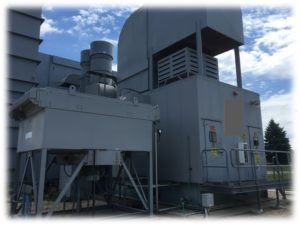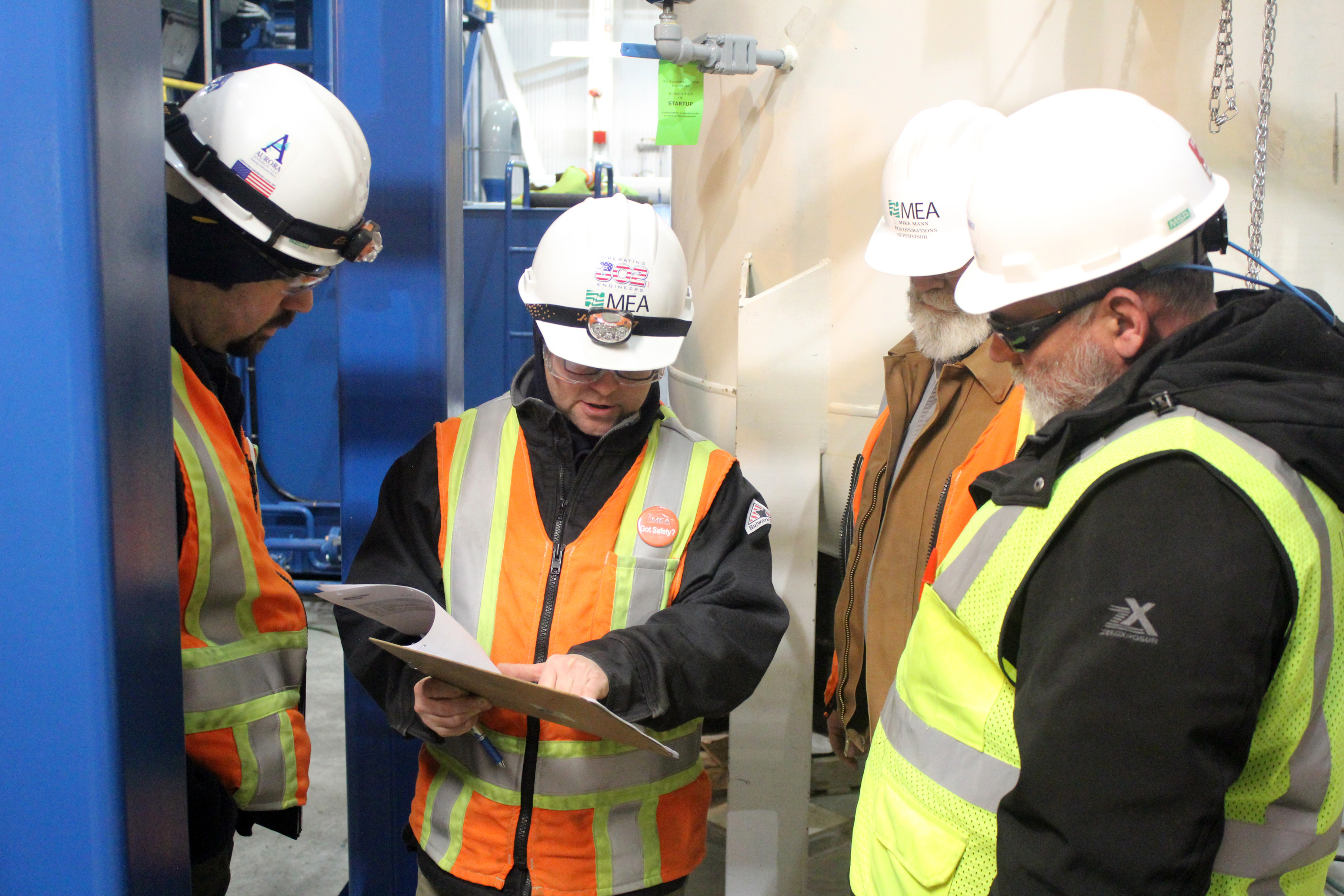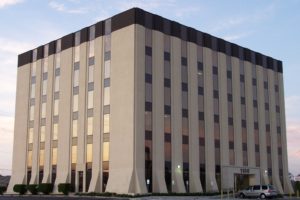There is no doubt that the Commissioning & Startup phase of a new construction power project is the most critical phase in the life of a power plant. If the CSU team doesn’t get the plant started and running right, it will never run right in its lifetime. CSU is THAT critical. Considering the amount of total EPC cost allotted to CSU, and the amount of the project schedule dedicated to CSU activities, this also has to be considered the very most cost-effective portion of a power project as well. The concept of Fast-Track can almost be considered synonymous with Commissioning & Startup services, however the implementation of full-scope CSU services didn’t always exist as such a compressed and efficient process.
Historically, power plant Commissioning services had been performed as an independent step from the Startup phase, whereby construction completion of systems would occur, inclusive of the commissioning activities, cleaning (and chemical cleaning), flushing, gas blow processes (only air blows today), and hot loop checks of equipment and components. Following the Commissioning process, the plant would be turned over to the plant operations group to conduct the Startup, that is, the live functional testing of all equipment and systems, culminating in a plantwide performance test, sanctioned by the Owner of the plant (and as dictated by the plant’s Power Purchase Agreement). The performance of these separate project activities achieved the basic goal of ensuring that a power plant would perform to its design, however the continuity of the process in a compressed timeframe didn’t exist as a comprehensive planned and packaged service, until the advent of Fast-Track Commissioning & Startup.
There were several driving forces that generated the Fast-Track Commissioning & Startup methodology, requiring a combination of creative efforts of a CSU team and a commitment to completing the project per the contractual due date (COD). A common problem in CSU completion was that even as the project schedule compresses toward the end due to equipment or construction delays, the scheduled completion date remained unchanged. Another important element in stimulating this change in methodology was the rapid shift from a public utility based market to power plants developed by Independent Power Producers, with a much greater emphasis on reduced capital cost along with meeting a fixed COD, thus requiring the overall process to evolve toward greater efficiency.
And here’s where the Fast-Track method came into play. Instead of waiting for mechanical completion of all of the plant systems, governed in the project schedule by area completion, the CSU team developed a process of scoping each set of system drawings to determine how major components or segments of a system (subsystems) could be commissioned independently, with strict jurisdiction and turnover documentation packages. This applied to the mechanical components as well as electrical and instrumentation & controls. Utilizing the scoping of systems and subsystems, the next step toward achieving fast track results was the integration of a system-based CSU schedule with the area-based Construction activities to establish Construction Turnover points which served as the points of integration of the two schedules.
The combination of system scoping and schedule integration had to be formalized by fully documenting that process, with a Turnover Package system base on a standardized database-driven program. The standardized process also incorporated all safety requirements within the CSU procedures as an element of the Turnover Packages. The remaining feature that completed the process was integrating the plant performance testing, including emissions and noise testing. This resulted in a safe and efficient, documented and comprehensive CSU program.
A great deal of the industry-standard methods and CSU documentation in general use today were initially developed by UEI management teams during the expansion of the IPP marketplace. Continued evolution of processes and procedures has kept UEI at the forefront of the power industry in CSU management services.
All of Universal Energy’s full-scope CSU services are managed and implemented utilizing the Fast-Track Commissioning & Startup process. Preparation is the key to safe execution, efficiency is the key to a cost-effective service, and thorough documentation is the key to validation, all factoring into a successful project completion.
~bm






